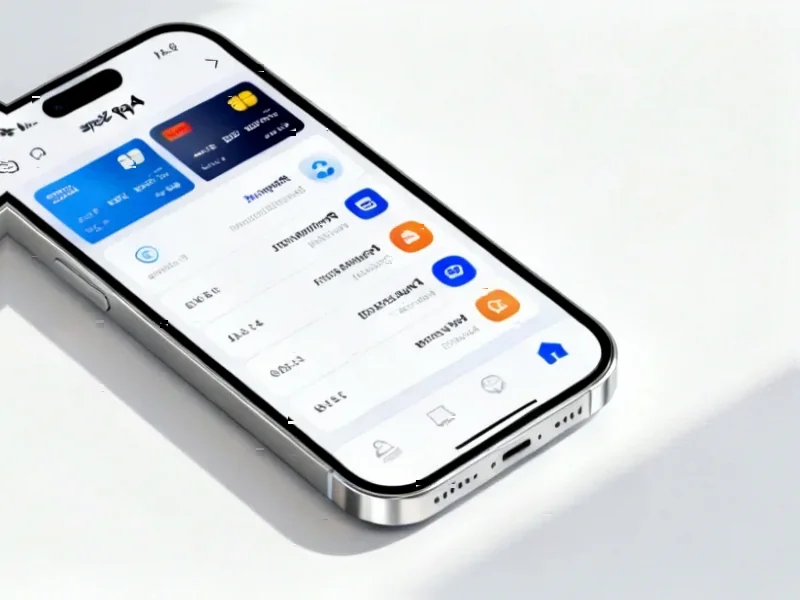According to PYMNTS.com, Google has settled its legal dispute with Epic Games over Android app store practices following Bloomberg’s November 5 report. The settlement maintains most of a judge’s original October 2023 orders requiring Google to open its Play Store to competition. Key terms include commission caps of 9% or 20% for purchases outside Google’s system, depending on transaction type. Instead of making Google’s entire app catalog available to competitors, the deal creates “registered app stores” that get equal treatment on Android devices. The settlement came after months of negotiations between senior executives and follows the Supreme Court’s recent denial of Google’s request to delay the lower court’s ruling.
The Strategic Retreat
This settlement feels like Google choosing the least bad option. They’ve been fighting this battle on multiple fronts – Epic, state attorneys general, the Justice Department – and they’re clearly picking their battles. The writing was on the wall after the jury sided with Epic last year and the Supreme Court just told them “no” on delaying the changes.
Here’s the thing about those commission caps: 9% or 20% might sound like a lot, but it’s actually a massive reduction from Google’s traditional 30% cut. That’s the real win for developers. Suddenly, alternative payment systems and app stores become way more economically viable. Google’s basically admitting that their walled garden approach wasn’t sustainable under legal pressure.
What This Means for Android
So what does “registered app stores” actually mean in practice? Basically, instead of every random app store getting access to Google‘s entire catalog, there will be a curated list of approved alternatives that get equal billing on Android devices. It’s a compromise – Epic wanted full access, Google wanted to maintain control, and they landed somewhere in the middle.
Think about it from Google’s perspective: they still get to maintain some quality control while technically complying with the court’s competition mandate. But this could fundamentally change how consumers discover and download apps on Android. We might see a future where Samsung’s store or even Epic’s own store get prime real estate right alongside Google Play.
The Broader App Store War
This settlement doesn’t exist in a vacuum. Apple’s facing similar pressure in Europe with the Digital Markets Act forcing them to allow alternative app stores. The entire mobile app economy is being reshaped by regulatory and legal pressure simultaneously.
What’s fascinating is the timing. Google settles just as they’re rolling out major Chrome updates for passport and license storage. They’re fighting battles on so many fronts that settling this Epic case probably felt like removing one major distraction. When you’re dealing with AI challenges, antitrust cases, and browser evolution, sometimes you just need to clear the deck.
The real question is whether this settlement becomes the new template for app store disputes. Other developers and regulators are watching closely. If this model works without completely breaking Android’s security model, we could see similar arrangements emerge across the industry.




